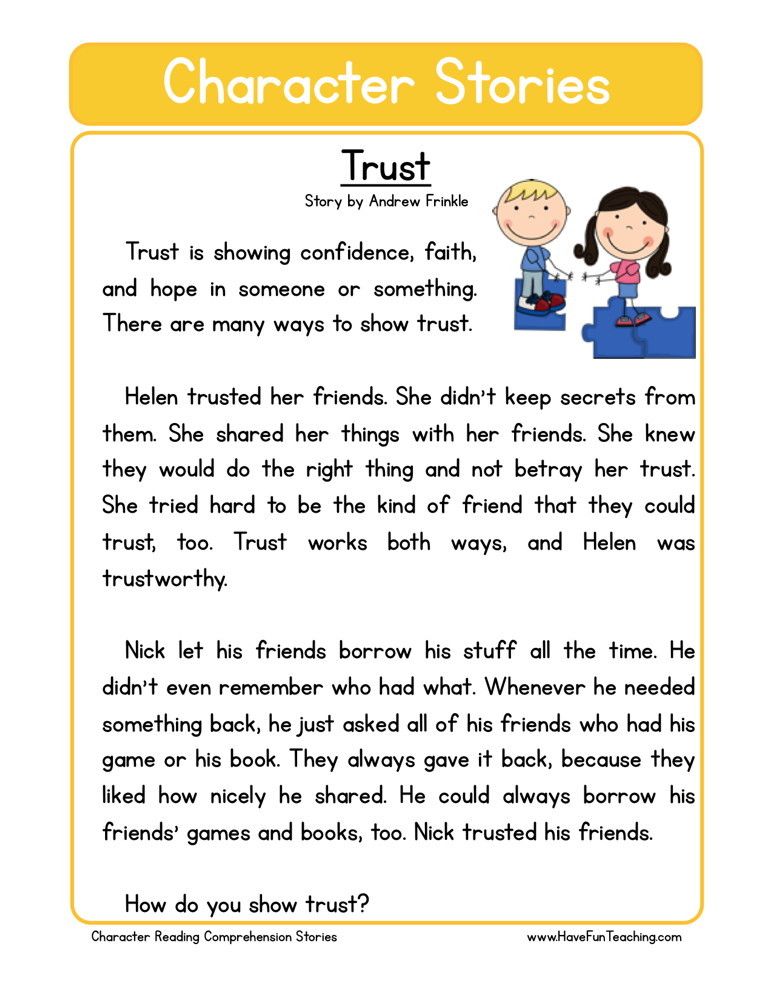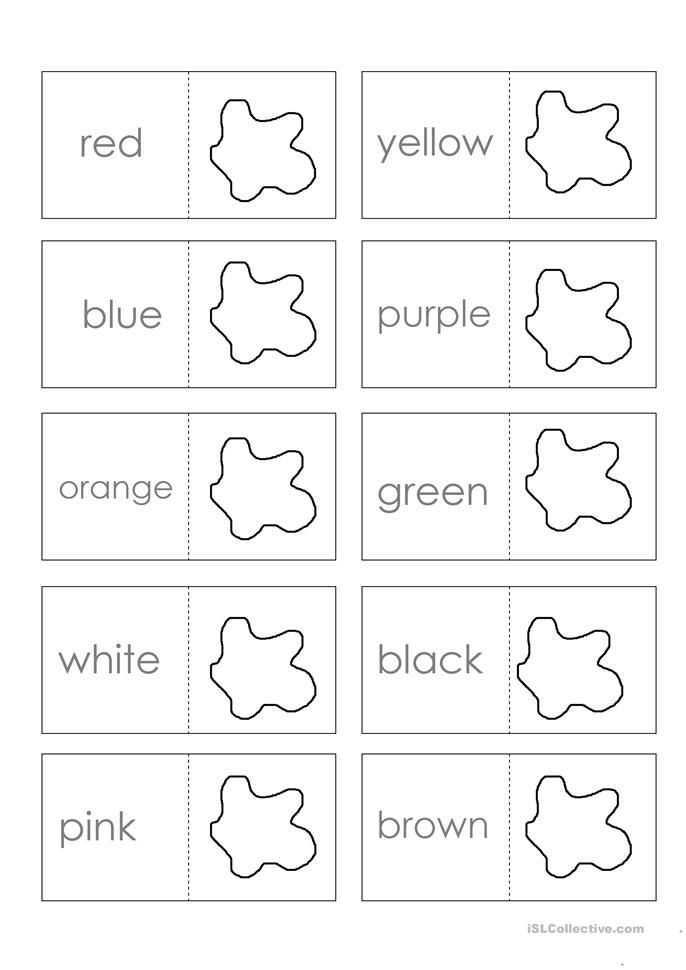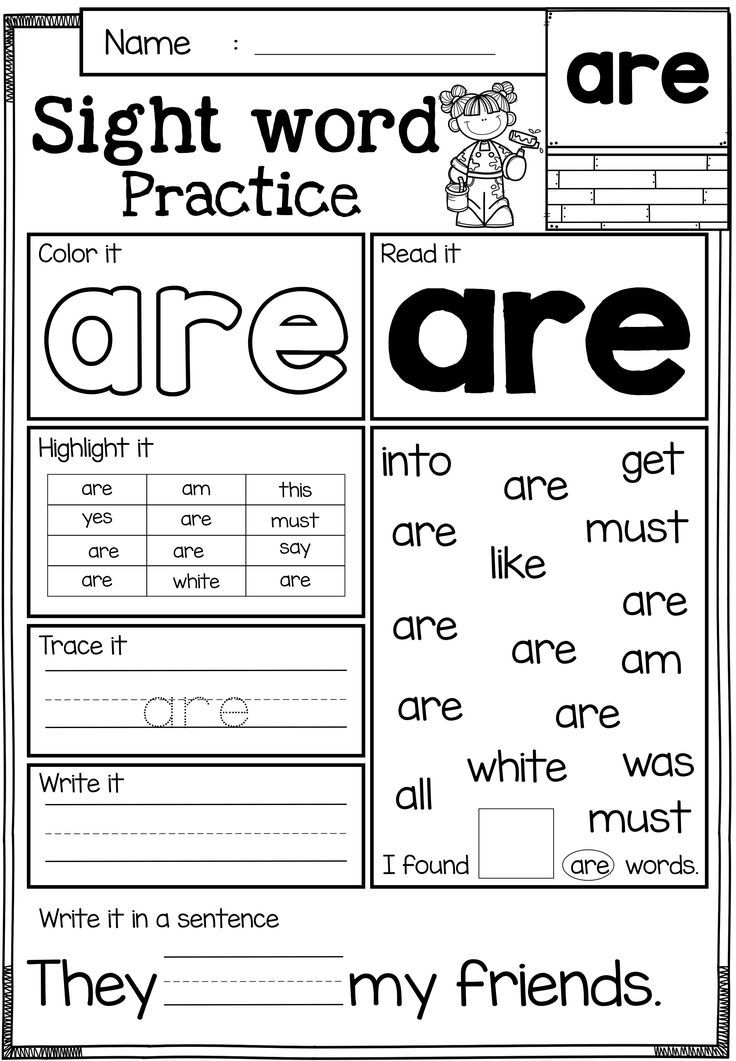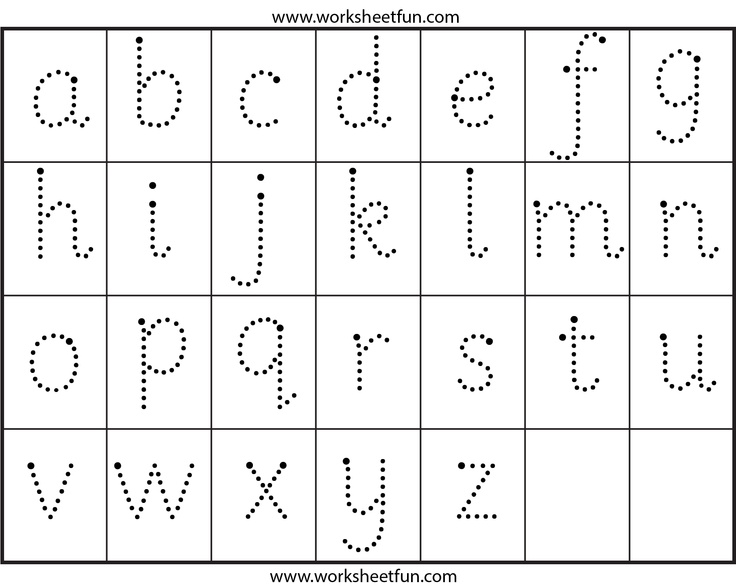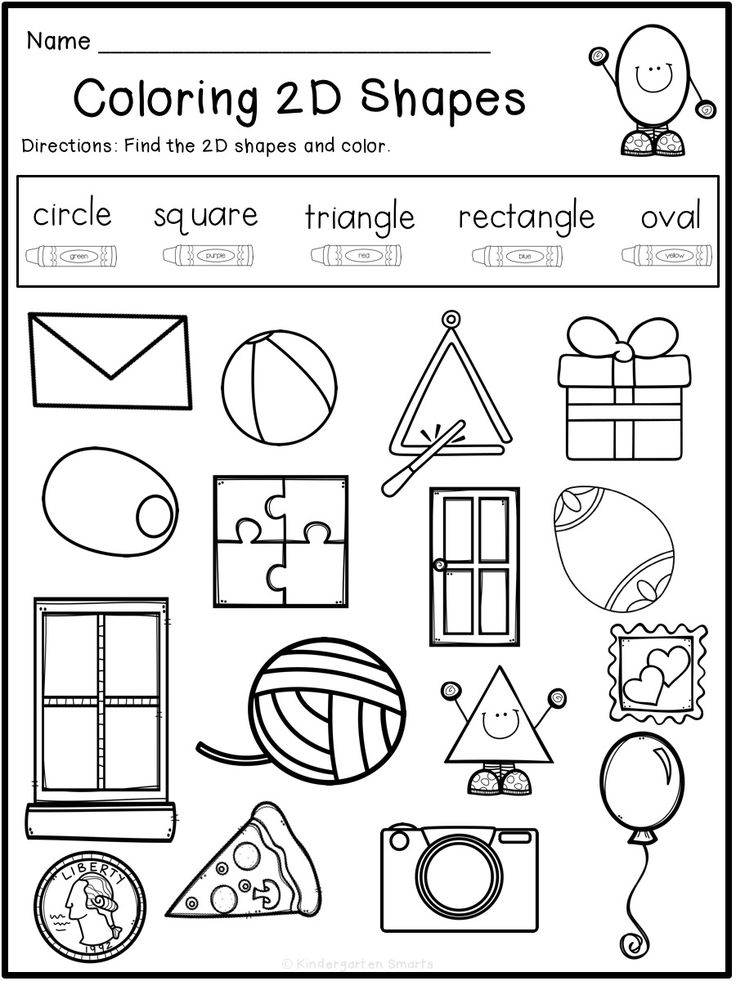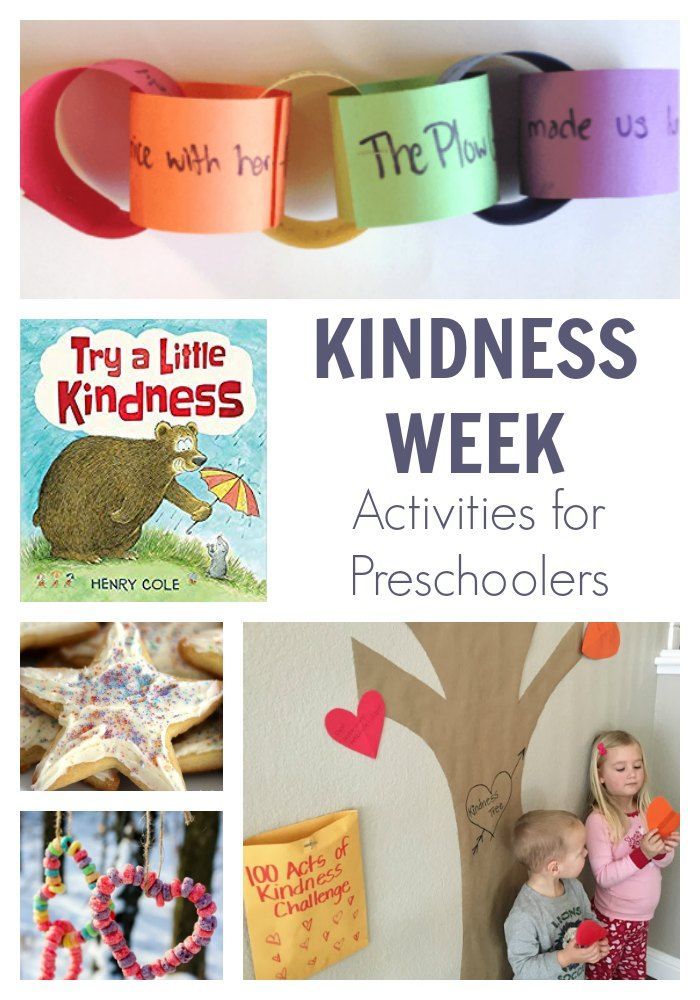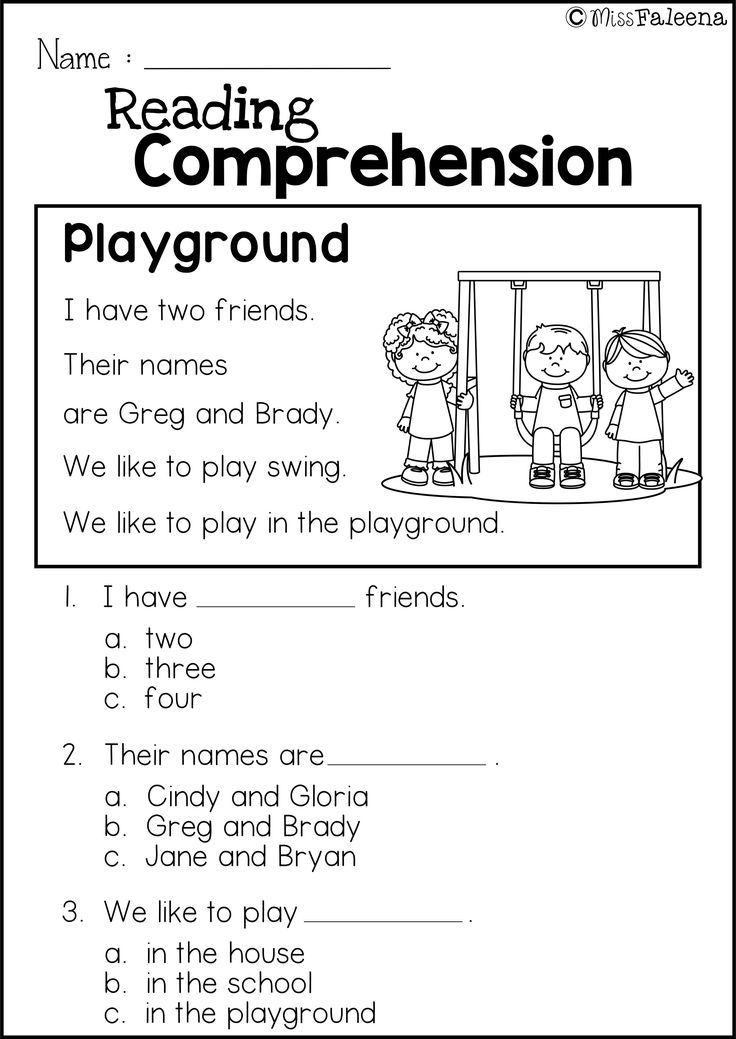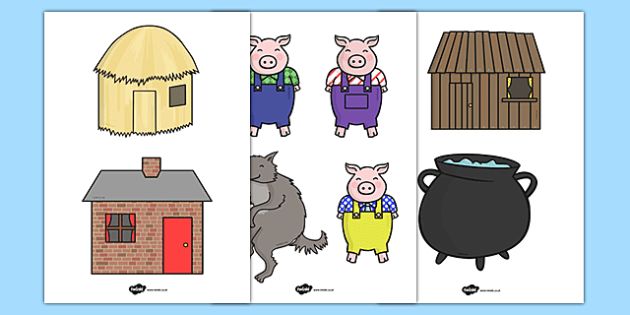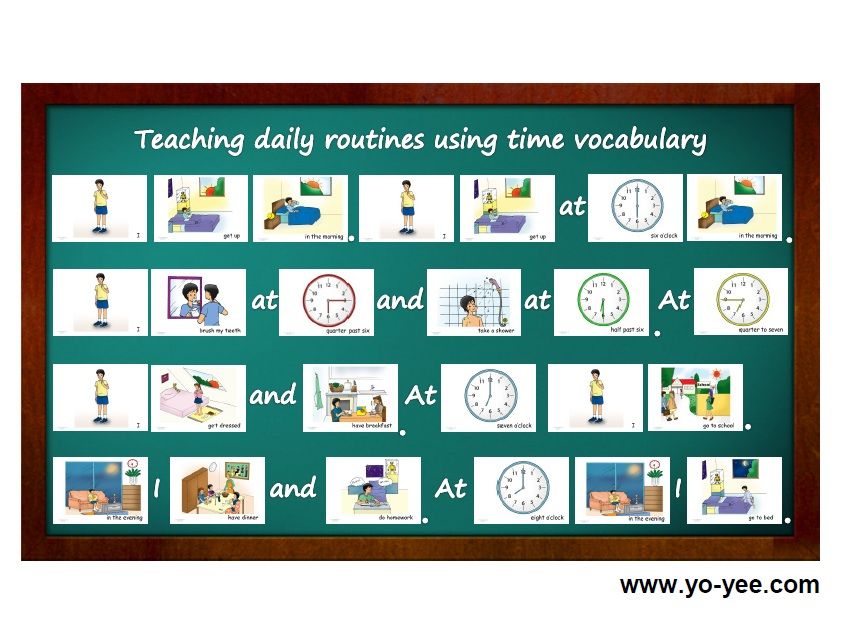Finding lexiles for books
Introduction - Reading and Lexile Scores
What is a Lexile Score?
A Lexile score is a standard score that matches a Grade 1-12 student’s reading ability with the difficulty of the reading material.
When the reader's score and that of the reading material are the same, the student is expected to read with 75% comprehension – difficult enough to be challenging without undue frustration and to encourage reading progress.
Scores range from 200 to 1700.
Lexile measures are a measure of text difficulty. They do not address age-appropriateness, student interest or the quality of the text.
Google does not use Lexile scores, and while in the past Google Advanced Search used to rate websites as beginning, intermediate or advanced reading level - Google no longer offers this feature. However, an alternative way to search and obtain results with reading levels marked is here: Choosito.com Search.
This site http://www. lexile.com/ will let you enter your lexile level range and find a list of books that not only meet your lexile requirements, but your interests, i.e. social issues or technology, and your age range. However, the age range is limited to 18 years and younger. You can also see if a particular book is listed to learn the lexile level.
Sample Lexile Texts
Examples of Reading Levels
This Lexile map shows texts matched to levels of reading ability. The literature titles and reading selections are examples that range from 200L to 1700L on the Lexile scale.
Lexile Grade Level
Lexile-to-Grade Correspondence
Student's Guide to Lexiles
This guide gives Grades 1-12 students practical information about Lexiles—what they are, what they mean, and how students can use them to find reading materials that match their reading abilities and interests.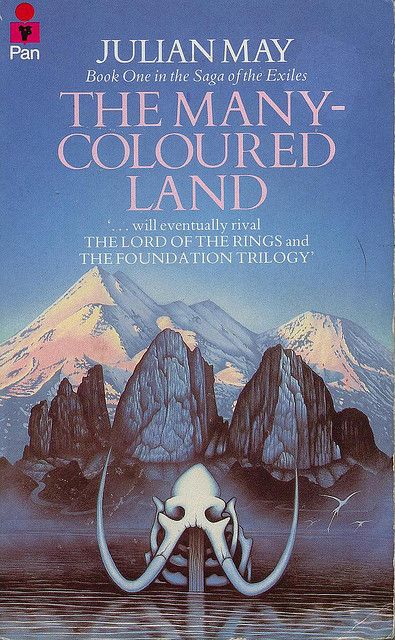
Perhaps you already recognize the term “Lexile” as the reading level number for an article in an EBSCOhost database search. Or maybe you know that a Lexile is a measure of your reading ability based on your score from a reading test. But do you know what the number really means?
How Can Lexiles Help Me Find Reading Materials?
Lexiles can help you find books and articles based on your individual reading ability and interests. For example, if you are a 980L reader, you should be able to read and understand most texts at this level. It is best to find materials within a range of 100L below and 50L above your Lexile measure. Texts below 980L will be easier to read; texts above 980L will be more challenging.
I don’t know my Lexile measure. Can I get a Lexile measure from EBSCOhost, based on the magazines I like to read?
If you or your teachers do not know your actual Lexile measure, you can use a school library or public library EBSCOhost database to estimate your reading ability.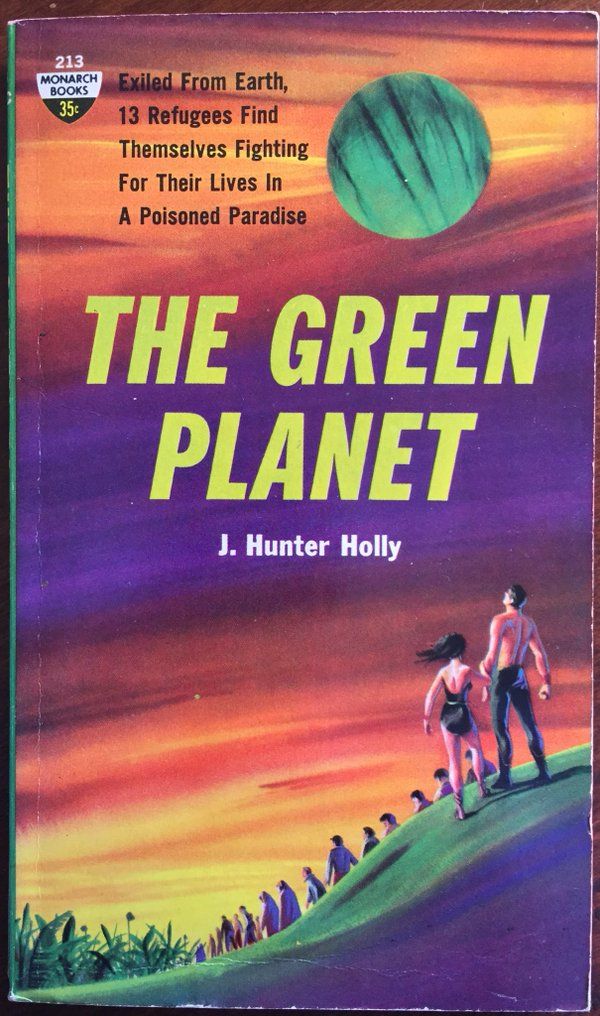 Log into EBSCOhost on your library’s computer and choose a database with Lexiles, such as Primary Search, Middle Search Plus
or MAS Ultra. On the Basic Search screen, check Full Text, then type in a magazine name in the Publication field. Click Search. EBSCOhost will bring up all of the articles from that magazine. Each article will have a different Lexile measure, which will give you a general idea of the magazine’s reading level.
Log into EBSCOhost on your library’s computer and choose a database with Lexiles, such as Primary Search, Middle Search Plus
or MAS Ultra. On the Basic Search screen, check Full Text, then type in a magazine name in the Publication field. Click Search. EBSCOhost will bring up all of the articles from that magazine. Each article will have a different Lexile measure, which will give you a general idea of the magazine’s reading level.
Lexile Framework for Reading GL Education Group (April 14, 2011)
Examples of Reading Levels (Framework)
This Lexile map shows texts matched to levels of reading ability. The literature titles and reading selections are examples that range from 200L to 1700L on the Lexile scale.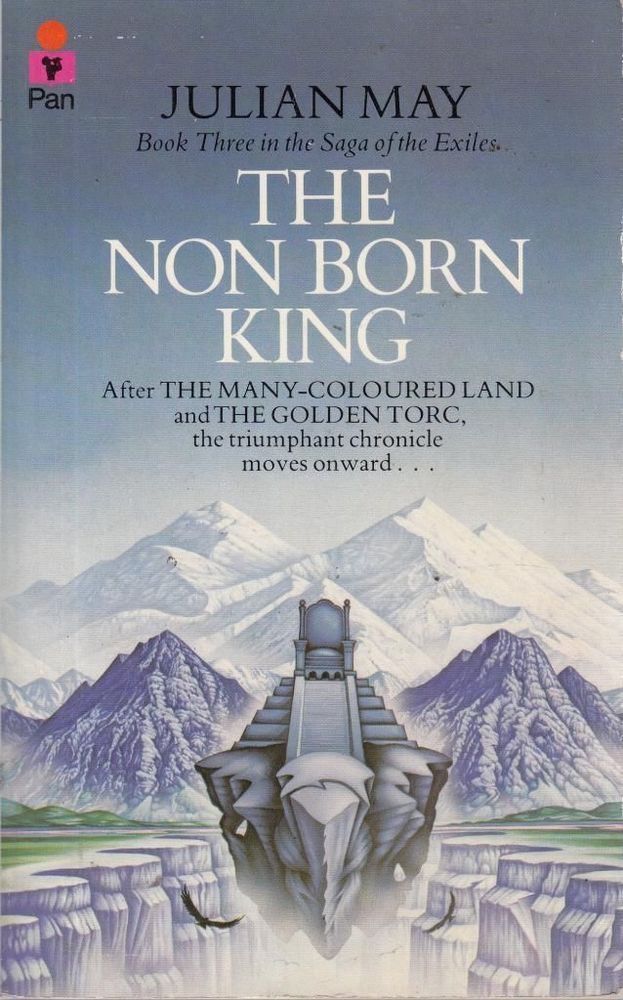
Lexile Framework for Reading for Parents and Educators
The educators and researchers at MetaMetrics created the Lexile Framework for Reading to transform the world of education with a research-driven, scientific system to help all readers navigate the path to success in school, college and careers.
Reading
QR Code
Scan the above QR Code with your QR code reader to access this page on your mobile device.
Lexile Measures
Lexile Measures are a tool used by teachers, parents, librarians and students to select books that provide the right level of difficulty for a student’s reading ability. If we determine how well a student reads and how hard a specific book is to comprehend, we are able to predict how well a student will understand the book. Finding books that are within a student’s comfort zone helps the student grow as a reader.
If we determine how well a student reads and how hard a specific book is to comprehend, we are able to predict how well a student will understand the book. Finding books that are within a student’s comfort zone helps the student grow as a reader.
Lexile Measures are used to measure both a student’s reading ability and a book’s reading difficulty. By pairing a student’s Lexile Measure with a book’s Lexile Measure, students are able to find books that are challenging but not too easy or difficult. The student will have some level of difficulty with the book but not enough to get frustrated.
Lexile Measures are shown as a number followed by the letter “L”. The numbers range from 0L (beginner reader, or BR) to 2000L (advanced reader). The higher the number, the more skilled the student is at reading and the more difficult the text is to comprehend.
List of 4 frequently asked questions.
-
Where do I find a Lexile Measure for my student?
At Wesleyan, students in grades K-2nd grade receive Lexile Measures from the DIBELS assessment.
 Students in 3rd and 4th grades do not receive a Lexile Measure, but it is possible to estimate a student’s Lexile Measure. For information on how approximate a student Lexile Measure, visit the Lexile website and click the Tools tab to navigate to the Find a Book page.
Students in 3rd and 4th grades do not receive a Lexile Measure, but it is possible to estimate a student’s Lexile Measure. For information on how approximate a student Lexile Measure, visit the Lexile website and click the Tools tab to navigate to the Find a Book page.
-
Where do I find Lexile Measures for books?
Lexile Measures for books may be easily found in the following locations:
- Lexile Website
- Barnes and Noble Wesbite
- Dozier Library Atriuum Catalog
-
How do I use Lexile Measures?
Lexile Measures may be used to find "just right" books for your student.
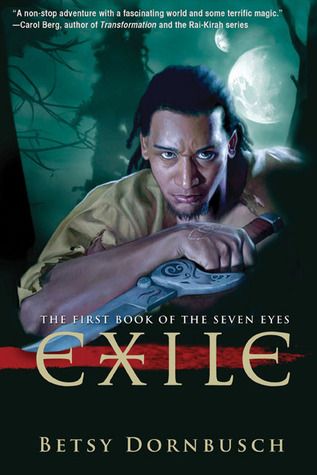 The first step is to calculate a reading range around the student’s Lexile Measure. This range is from 100L below to 50L above the student’s reported Lexile Measure. This range creates a reading "sweet spot" and should help you find books for your student that is not too easy or too difficult.
The first step is to calculate a reading range around the student’s Lexile Measure. This range is from 100L below to 50L above the student’s reported Lexile Measure. This range creates a reading "sweet spot" and should help you find books for your student that is not too easy or too difficult.
Please note that it is fine to enjoy books above and below a student's Lexile range. However, the reader might find these books to be very easy or particularly challenging. -
What is a Lexile Code?
Some books are assigned an additional two letter code to provide extra information about the book. The Lexile codes are:
- AD: Adult Directed
- NC: Non-Conforming
- HL: High-Low
- IG: Illustrated Guide
- GN: Graphic Novel
- BR: Beginning Reading
Click here for an explanation of each code on the Lexile website.
| Grade | Reader Measures |
| 1st | 300L |
| 2nd | 140L to 500L |
| 3rd | 330L to 700L |
| 4th | 445L to 810L |
| 5th | 565L to 910L |
We hope that using Lexile Measures will help ease the frustration felt by many parents when trying to select books for their student. It is one of many tools available to help our students grow as readers. Always remember to make reading enjoyable and make reading a daily habit. Please continue to share books with your child and read aloud together, even when your child learns to read independently. Sharing books creates bonds that strengthen relationships and help a child grown emotionally as well as intellectually. For comprehensive information about Lexile Measures, please visit the Lexile website.
Books. List of English words (intermediate). Topic "Books"
Even in our "information" world topic (topic) "Books" will never lose its relevance. After all, only reading fiction allows us to analyze the experience of previous generations, filed by the great hand of a master writer. Let's learn to talk about the books you read and about the impression they made on you. And, of course, about your favorite writer. By the way, here is a list of the best works of classical literature.
Memorize synonymous answers in English to a common question about Books:
What kind of books do you prefer reading? – What kind of books do you prefer to read?
1. As for me, I am fond of (kind of books) - As for me, I love ... (genres of books are given below)
2. I prefer reading ... - I prefer reading ...
3. I enjoy reading ... – I like to read…
EXAMPLE I am fond of detectives. = I am fond of read ing detectives.
* * *
Nouns on the topic “Genres. Genres of books» (Kinds of books)
The following types of books are distinguished, which are often called genres. Try to remember nouns for which there is no translation.
1. a novel
2. a historical novel
3. a story
4. a detective story
5. a love story
6. an adventure story
7. a short story
8. a horror story
9. a ghost story
10. a fairy tale
11. a travel book
12. a fantasy book
13. a science fiction book
14.a legend / a myth
15. a biography
16. a poem
17. poetry – poetry
Full list of genres on the topic “Books”. Dear friends, READ the best books by English and American writers in English and Russian.
Writing a book review in English
6. The title of the book - the title of the book
7. It is written by - it is written by (writer's name)
8. interesting / exciting / funny / true-to -life / well-written / easy to read - interesting, fascinating, funny, believable, well-written, easy to read
EXAMPLE. I find this book exciting and easy to read.
9. boring / sad / awful / badly-written / difficult to read - boring, sad, terrible, poorly written, difficult to read
EXAMPLE. I find the book boring and difficult to read.
Extended List No. 3 "English adjectives on the topic" Books "
11. world-famous - world-famous
- well-known well-known
- great - great
- talented - talented
- modern - modern
- classical - classical
- medieval
- eighteenth- century
12. he is considered to be 14. cheap stuff 22. I could not help smiling / laughing / crying The bold
13. a plot0099
15. to read more than half way through
16. to be worth reading
17. for a change
18. characters (imaginative - true-to-life) - characters (fictional - believable)
19. the story takes place (the scene is laid) - the action takes place
20. the contents
21. episodes / moments
23. I couldn't help feeling sad
24. on the whole
25. to ruin your eye-sight - ruin your eyesight
26. poor eye-sight
27. the cover of the book
28. an edition (cheap, pocket, abridged)
29. a book in two volumes - a book in two volumes
30. a book (in translation - in the original)
31. a collection of stories / poems - a collection of stories / poems
32. a book with colorful illustrations - book with colorful illustrations
33. in his works
34. to advise
Books. Tasks to activate vocabulary on the topic "Books". An example of a book review in English. Message on the topic "My favorite writer"
Assignment. Learn the dialogue.
— What kind of reading do you like ?
Well, I am fond of adventure stories.
- As for me, I enjoy fantasy books.
- Oh, I prefer reading fantasy books, too.
Please note that along with the usual verb like - like , this dialogue uses more interesting expressions be fond of - get carried away , prefer - prefer , enjoy - enjoy.
An example of a book review in English for beginners / The opinion about the book “The Hound of the Baskerville”
This summer I’ve read a book by Conan Doyle “The Hound of the Baskerville”. I liked this book very much.
I liked the plot of this book and its main characters. Sometimes I told my friends about the book and they liked to listen to me.
One day my Mum asked me to read aloud and for several days I read this book to her. My Mum knows English a little and she could understand what I read.
It was very useful for me to read this book, because I learned many new English words.
Now I’m going to read one more English book, because while reading “The Hound of Baskerville” I got a great pleasure.
You might be interested to know how to write a book review in English yourself, then read How to write a book review.
Message on the topic “My favorite writer is O. Henry. My Favorite Writer O. Henry»
The Biography of O. Henry (in English)
This entry was posted in Books & Films.During this summer I read a lot. I want to tell you about my favorite writer. It is an American writer O. Henry. O. Henry is his pen name. His real name is William Sydney Porter. He was born in Greensboro, a little town in North Carolina in 1862. In his youth he changed many professions: he was a cowboy, a reporter, a clerk in a bank. He traveled about America trying to find a job. He met many common people, and that helped him later in his literary work. It happened that he got into prison and it was there that he started to write. He wrote his first story as a Christmas present for his little daughter.
![]()
O. Henry is a great master of short story. He liked to write about common people, whose life he knew very well.
O. Henry is one of the most widely published American writers. His stories are short, humorous and usually have a happy ending. He is a master of unusual plots and surprise endings.
I read his stories such as “The last leaf”, “The gift of the Magi”, “No story” and others.
Best of all, I like the story with an unusual title “No Story”. It is about a girl who went to New York to look for her boyfriend. He had gone there some years ago to find a good job in New York City. He promised to return and marry her, but he never came back. She came across him in a street but didn't recognize so much he changed. He became a ruined man and not to make her unhappy he sent her back home. He still loved her. It is a very sad story about romantic love. If you like love stories, I advise you to read it.
Discussing books in English: useful words and phrases
If you want to talk about a book in English, the words good/bad alone won't suffice. You can't do without a minimum of terms, such as "protagonist", "plot". From this article, you will learn the basic words on the topic of literature, the names of genres and phrases that will be useful for discussing a book or reviewing it.
Contents:
- Literary terms in English.
- Genres of fiction in English.
- Non-Fiction genres in English.
- Poetic genres, forms, terms in English.
- Review: how to talk about a book in English?.
- Examples of a review of a book in English.
Literary terms in English
If you are just retelling a book, general vocabulary is enough - so-and-so did so-and-so and this happened. But sometimes you need to say or write about the author, the structure of the plot, the main characters (for example, if you are writing an essay in English). In this case, these terms will come in handy.
Other related articles:
- Where can I find simple English texts to read?
- How to read in English, replenishing vocabulary?
Download cards for printing
| Book | Book |
| Page | Page |
| Book cover | Book cover |
| Hardcover book | Hardcover book |
| Paperback book | Paperback |
| Book title | Book title |
| Chapter\Volume | Chapter |
| Author | Author |
| Writer | Writer |
| Reader | Reader |
| 0311 | Contents (list of chapters) |
| Story | Story (told in a book) |
| Plot | Plot |
| Setting | Setting (place and time of action) |
| Idea | Idea |
| Episode \ passage | Episode, excerpt |
| Preface | Foreword |
| Epigraph | Epigraph |
| Prologue | Prologue |
| Exposition | Exposition |
| Conflict | Conflict |
| Rising action | Action development |
| Climax | Climax |
| Falling action | Fall of action (development after climax) |
| Resolution | Interchange |
| Epilogue | Epilogue |
| Plot device | Plot move, device |
| Plot twist | Plot twist (normal surprise) |
| Romance | Love Line |
| Summary | Synopsis, summary |
| Point of view (POV) | Viewpoint |
| Narrator | Narrator |
| Non-linear narrative | Non-linear storytelling |
| Character | Character |
| Main character | Protagonist |
| Protagonist | Protagonist, protagonist |
| Antagonist | Antagonist |
| Surprise ending | Unexpected ending |
| Suspense | Anxiety, tension, suspense |
| (Un) predictable plot | (Un) predictable plot |
| Plot-driven story | Story driven by plot |
| Character driven story | A story driven by heroes |
| Page-turner | Fascinating book |
| Book series | Book series |
| Sequel | Sequel (continued) |
| Prequel | Prequel (backstory) |
| Spin-off | Spin-off (offshoot of the series) |
Notes:
- What is point of view (POV)? There is a concept narrative point of view - the position of the narrator, that is, from which person the narration is being conducted, for example, from the first person (first-person) or from the third (third-person).
But POV is often also understood as the character himself, from whose point of view the story is being told, such as Dr. Watson in the Sherlock Holmes stories or the successive characters in George R. R. Martin's A Song of Ice and Fire.
- Suspense is the suspense effect produced by a book (movie, video game). The reader is tense to the limit in anticipation of something unknown, perhaps terrible. The effect is typical for horror and thrillers. In Russian, it is usually called that - suspense.
Genres of fiction in English
In English literature, genres fall into two broad categories:
- Fiction is what we call fiction. Works containing fiction (fiction = fiction). Detectives, historical novels, science fiction - all this is "fiction".
- Non-fiction The facts presented in it are perceived not as fiction, but as reality. Non-fiction includes: biographies, memoirs, reference books, textbooks, manuals, cookbooks, etc.
In addition, along with the division into genres such as detective, fantasy and others, there is a division into forms: novel, story, short story. The latter are sometimes called forms (forms, narrative forms), and sometimes also genres (genres). These include:
- Short story - short story,
- Novel - novel.
What we call a story , that is, prose, roughly speaking, is longer than a story and shorter than a novel, is called in English literature short story , short novel or novella . Please note that the English word novella does not match the Russian word "novella". In Russian, a short story is a story, and English novella is a prose longer than a story and shorter than a novel, that is, a story in our understanding.
The main genres of fiction are listed in this table:
Download cards for printing
(this set of cards combines genres of fiction and non-fiction)
| Crime | Crime fiction |
| Detective fiction | Detective |
| Science fiction | Science fiction |
| Post-apocalyptic | Post-apocalyptic |
| Distopia | Dystopia |
| Cyberpunk | Cyberpunk |
| Fantasy | Fantasy |
| Romance novel (romantic novel) | Love story |
| Western | Western |
| Horror | Horror |
| Classic | Classical literature |
| Fairy tale | Fairy tale |
| Fan fiction | Fanfiction |
| Folklore | Folklore |
| Historical fiction | Historical prose |
| Humor | Humorous prose |
| Mystery | Detective |
| Picture book | Picture book (children's books) |
| Thriller | Thriller |
| Erotic fiction | Erotic |
Notes:
- This is not an exhaustive list as I have not included numerous subgenres.
For example, in fantasy alone there are more than a dozen of them: epic fantasy (epic fantasy), heroic fantasy (heroic fantasy), dark fantasy (dark fantasy), etc.
- Mystery is neither mysticism nor mystery. Under mystery (lit. "secret") is understood a detective story where the detective unravels a mysterious crime, usually a murder, for example, "Murder on the Orient Express" by A. Christie.
- As in Russian, classic is a general name for classical literature, not a genre.
Genres of Non-Fiction in English
Non-fiction in English is understood in the narrow sense of non-fiction or non-fiction, and in the broad sense - any non-fiction work, including reference books, instructions, technical literature and cookbooks. For example, my book How to Learn English is a typical how-to book.
| Biograpy | Biography |
| Autobiography | Autobiography |
| Essay | Essay |
| Owner’s manual (Instruction manual, User’s guide) | Manual |
| Journalism | Journalism |
| Memoir | Memoirs |
| Reference book | Handbook |
| Self-help book \ How-to book | Manuals, self-development |
| Textbook | Tutorial |
| Academic paper | Scientific research |
| Encyclopedia | Encyclopedia |
| Dictionary | Vocabulary |
| Popular science | Popular Science |
| Photograph | Photobook |
| Technical writing | Technical literature |
| Cookbook | Cookbook |
Poetic genres, forms, terms in English
Let's also consider the main terms related to poetry.
Download printable cards
| Poetry | Poetry |
| Poem | Poem |
| Line | Verse |
| Stanza | Stanza |
| Rhythm | Rhythm |
| Meter | Meter |
| Metric pattern | Poetic size |
| Rhyme | Rhyme |
| Alliteration | Alliteration |
| Metric foot | Foot (metric) |
| Iamb | Yamb |
| Trochee, choree | Horei |
| Dactyl | Dactyl |
| Anapest | Anapaest |
| Amphibrach | Amphibrachium |
| Couplet | couplet |
| Triplet | Three lines |
| Quatrain | Quatrain (quatrain) |
| Narrative poetry | Poetic works with a plot |
| Epic poetry | Epic poetry |
| Dramatic poetry | Dramatic poetry |
| Satirical poetry | Satirical poetry |
| Lyric poetry | Lyric poetry |
| Verse fable | Fable (in verse) |
Like Russian poetic terms, English ones are of Greek origin, so many of them are understandable even without translation. But, as always, there are nuances.
- The word poem can be translated as both "poem" and "poem".
- A verse is not a poem, but a line of a poetic work. In English, there is no separate term for it, it is called the same as any line - line .
- Some terms are similar to Russian words with a different meaning. Stanza is not a stanza, but a stanza, couplet is not a couplet (in our understanding), but a stanza of two verses (couple).
Review: how to talk about a book in English?
There are many ways to talk about the book. It can be a retelling of the story to a friend or a real review, a review. In any case, these phrases will help you.
Book title and author name
| The book title is ‘Gone with the Wind’ by Margaret Mitchell | The book is called Gone with the Wind by Margaret Mitchell |
| The title of the book is ‘The Novice’ by Michael Lermontov. | The book is called "Mtsyri", author Mikhail Lermontov |
| The title of the book series is ‘The Saxon Tales’ by Bernard Cornwell. | A series of books called The Saxon Chronicle by Bernard Cornwell |
| I have read ‘The Minds of Billy Milligan’ by Daniel Keyes. | I have read The Multiple Minds of Billy Milligan by Daniel Keyes |
Book genre
| It’s a detective story. | This is the detective. |
| The genre of the book is detective. | The genre of the book is detective. |
Why did you decide to read the book
| My friend recommended it. | My friend recommended reading it. |
| I read a book review. | I have read the review (review). |
| I liked another book by that author. | I liked another book by this author. |
| I like books in this genre | I like books of this genre. |
What the book is about in a nutshell
| The book is about pirates. | This book is about pirates. |
| This is a typical love story. | This is a typical love story. |
| This is a story of revenge | This is a story of revenge. |
Time and action
| The story is set in England in 1194. | The story takes place in England in 1194. |
| The book is set in 1194 England. | The book is set in 1194 England. |
| The book is set in the present time. | The action of the book takes place in our time. |
Who is the narrator
| The story is told from the first-person view. | The story is told in the first person. |
| The story is told by an identified narrator. | The narration is conducted on behalf of an indefinite narrator. |
| The story is told by the author. | The narration is conducted on behalf of an indefinite narrator. |
| There are many shifting narrators in the story. | There are many alternating narrators in the book. |
| The novel is told via multiple perspectives. | The narration in the novel is conducted from different points of view. |
A few words about the main character
| The protagonist (main character) of the book is a pirate. He seeks for treasure. | The protagonist of this book is a pirate. He is looking for a treasure. |
| The story is about the wizard who fights against the Dark Lord. | This is the story of a wizard who fights the Dark Lord. |
| The main character is a group of teenagers abducted by aliens. | This is a story about a group of teenagers abducted by aliens. |
The characters are deep and convincing.
Plot and ending
| The story is plot-driven, moving from event to event. | The story is based on the plot (action-packed). |
| The story is character driven. | The driving force of the story is the characters. |
| The weakest (strongest) part of the book is the romance. | The weakest (strong) part of the book is the love line. |
| The story is suspenful. | The plot keeps you in suspense. |
| The story is fast-paced \ slow-paced. | The plot unfolds rapidly / slowly. |
| The ending is surprising \ predictable. | Unexpected/predictable ending. |
| The ending is satisfying \ dissapointing. | Satisfactory/disappointing ending. |
| The endign is forced. | The ending is stretched (sucked from the finger). |
Retelling the plot
To retell the plot, describe specific actions, scenes, use as simple sentences as possible. As in Russian, events can be recounted in the past tense ("Peter looked out the window and saw a spaceship") or in the present ("Peter looks out the window and sees a spaceship"). Easier, of course, in the present:
Harry Potter is ten years old. He lives with his uncle and aunt. They don't like him.
He doesn't know that his real parents were wizards. One day he is invited to magic school Hogwards.
Harry Potter is ten years old. He lives with his uncle and aunt. They don't like him. Harry doesn't know that his real parents were wizards. One day he is invited to Hogwarts School of Magic.
This is a good book \ read.
An example of a book review in English
I will give examples of book reviews. I chose three books and series of different genres: detective, fantasy and historical novel. If you want to read reviews written by native speakers, I recommend looking at book sites such as Goodreads (an English-language social network for readers) - there are a lot of reader reviews.
1. If Tomorrow Comes by Sidney Sheldon
| "If Tomorrow Comes" is a detective novel by Sidney Sheldon. This novel is definitely a thrilling read. Your mind will be blown away exactly how Tracy Whitney's life is revolutionized in the course of twenty-four hours. The story is plot-driven, moving from event to event. It's a real page-turner, If you love books in this genre, I highly recommend it. | If Tomorrow Comes is a detective novel by Sidney Sheldon. This is the story of an ordinary woman who was framed by the mafia, her search for revenge and the struggle for a better life as a swindler. This is definitely a tense romance. You will be amazed at exactly how Tracy Whitney's life turned upside down during the day. The story is action-packed, events quickly follow each other. The book is extremely exciting. If you love this genre of books, I highly recommend it. |
2. Harry Potter and the Philosopher’s Stone, by J.
| "Harry Potter and the Philosopher's Stone" is a fantasy story by J. K. Rowling. It's the first novel of Harry Potter series. I read it because I liked the movie. The main character is an orphant boy Harry Potter who doesn't know that he is a wizard. Harry lives with his relatives who don't like him. One day his life changes when he receives an invitation to Hogwards, the school of magic. At first, the story seems simple but then it turns out there are a few twists that will make you say "wow". As for the characters, they all look really alive and I loved how they cooperated and supported one another using their specific skills. The book is a really enjoyable read. I recommend it even if you have watched the movie. | "Harry Potter and the Philosopher's Stone" is a fantasy J. Rowling. The first novel in the Harry Potter series. I read it because I liked the movie. The main character is an orphan boy Harry Potter who does not know that he is a wizard. The plot seems simple at first, then it turns out that it has a few twists and turns that will make you say “wow”. As for the characters, they all seem very alive, and I liked how they interact, support each other, each with their own special skills. The book is a real pleasure. Would recommend even if you've seen the film adaptation. |
3. "The Saxon Tales", by Bernard Cornwell
| "The Saxon Tales" is a historical novel series, written by Bernard Cornwell. The story is set in 9th century Britain during the Danish invasion when almost all English kingdoms were conquered. The protagonits of the story is Uhtred of Bebbanburg. Born as a Saxon, he is adopted by the vikings. Uthred is a deep and controversial character. After his Danish family is betrayed and murdered, he returns to the Saxons. What I really loved about the book is that the historical events are told from the first-view perspective of such an interesting character who doesn’t fully belong to one of the sides. In this case, a first-view perspective is a really wider one. If you are curious about British history and vikings this series is a must read. | The Saxon Chronicle is a series of historical novels written by Bernard Cornwell. The action takes place in 9th century Britain during the Danish invasion, when almost all the English kingdoms were conquered. The main character's name is Uhtred of Bebbanburg. He was born a Saxon but adopted by the Vikings. Uhtred is a deep and controversial character. After his Danish family is betrayed and killed, he returns to the Saxons. |

